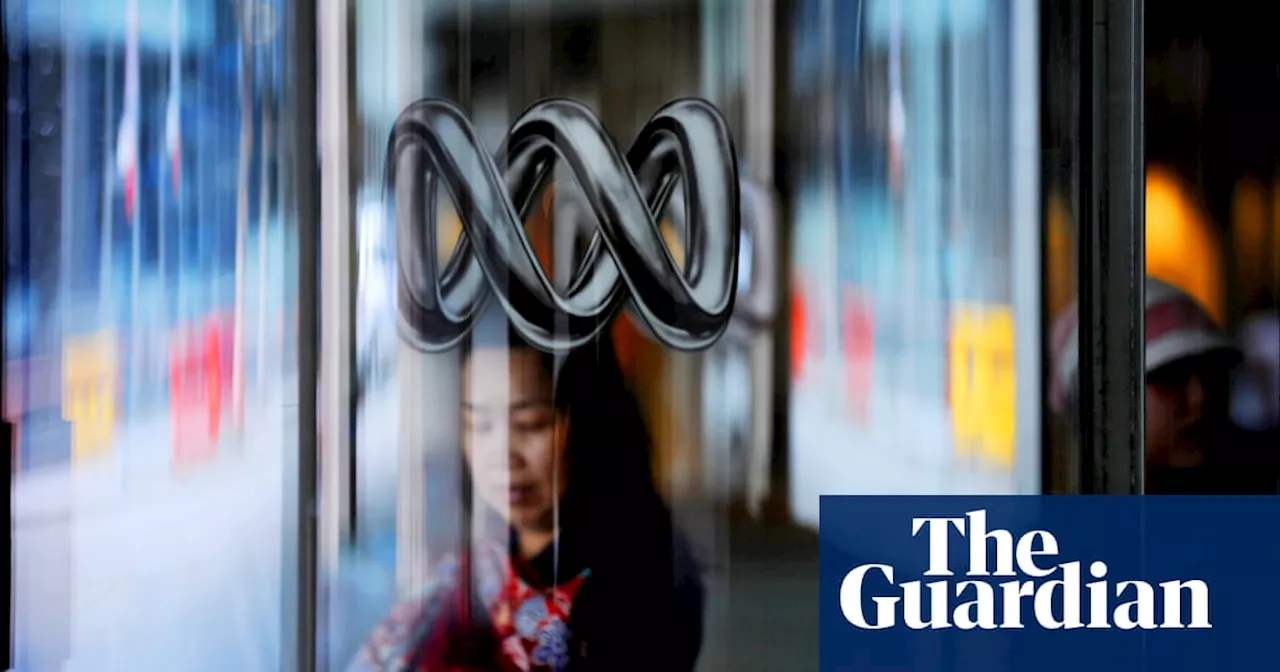The UK government is investing heavily in artificial intelligence (AI) as a driver of economic growth. A new strategy, outlines plans to boost AI development and deployment across both the private and public sectors. The strategy aims to capitalize on the UK's strengths in AI, but acknowledges challenges such as regulation, data access, and the potential for job displacement.
Commuters crossing Waterloo Bridge in London. It is estimated AI could displace between 1m and 3m private sector jobs in the UK, but will create new jobs too. Investors, and voters, want to know where the growth is in the UK economy.The UK has considerable strengths in AI, which can be loosely defined as computer systems performing tasks that typically require human intelligence (ranging from summarising a document to assessing a medical patient’s symptoms and writing emails).
coming out of UK universities and the fact that the country already hosts a number of leading AI companies, led by the There are negatives, of which the government is well aware (hence the strategy): building data centres – the central nervous system of AI systems – is a laboriously difficult process in the UK; access to, and the cost of, the vast amounts of energy needed for data centres is also a problem; AI talent and companies can move elsewhere if they get frustrated; and getting regulation right, from safety to copyright, is a difficult balance to strike. “AI is not a panacea. It’s not magic,” says Theo Bertram, the director of the Social Market Foundation thinktank. “But if you are going to place your bets on a chance for economic growth, then this would be the best place to put it.” Why is the government investing so much hope in this plan drawn up by the tech investor Matthew Clifford? Part of the answer lies in productivity: the term for how much output a worker can produce in a hour. The International Monetary Fund has predicted that AI will increase UK productivity by up to 1.5% a year. Low productivity has bedevilled the UK for years, partly due to low investment in nifty technology. AI, it is hoped, will help British workers produce more, which should raise wages and allow spare capital – you don’t need so many workers to do a certain job – to be invested elsewhere. This is even more important if, with an ageing population, the UK must cope with fewer working-age adults in the future. “If we see the working-age population shrinking you need to see productivity increase dramatically in order to see any sort of economic growth,” says James Knightley, chief international economist at the banking group ING. This logic also applies to the public sector, with the plan calling on state bodies to pilot AI services. Underneath all of this is the implication that efficiency – through AI automating certain tasks – means redundancies. The Tony Blair Institute (TBI) has suggested that more than 40% of tasks performed by public sector workerstechnology will create new jobs, too . Worried lawyers, finance professionals, coders, graphic designers and copywriters – a handful of sectors that might be affected – will have to take that on faith. This is the flipside of improved productivity. But ensuring that the UK plays a key role in developing a transformative technology and deploying it properly across the private and public sectors requires a coordinated industrial strategy. Long-term industrial plans are complex beasts and require cooperation across multiple fields – from skills to energy infrastructure and regulatory frameworks – hence the 50 recommendations from the report that the government is committed to putting in place. They include setting up “AI growth zones” with fast-track planning privileges, launching a body to support leading domestic AI firms and improving AI-related work skills. There are also elements of the government’s AI policy that will raise concerns. The plan’s proposal to create national datasets composed of public data will have to jump hurdles related to privacy, ethics and data protection, while a move last month to allow AI firms to train their models on copyrighted workDame Wendy Hall, a professor of computer science at the University of Southampton and a member of the UN’s advisory body on AI, says it is “imperative” for the economy that the government makes the plan work
ARTIFICIALINTELLIGENCE UK ECONOMY AI STRATEGY PRODUCTIVITY JOBS
Australia Latest News, Australia Headlines
Similar News:You can also read news stories similar to this one that we have collected from other news sources.
 US Regulators Halt Bets on Murder Suspect's FateKalshi, a New York-based exchange, allowed users to wager on the outcome of Brian Thompson's murder case, including the suspect's extradition, involvement, and potential guilty plea. This sparked concerns from financial regulators who halted trading, citing potential against-the-public-interest issues. The Commodity Futures Trading Commission (CFTC) has the authority to ban futures contracts linked to crimes if deemed inappropriate.
US Regulators Halt Bets on Murder Suspect's FateKalshi, a New York-based exchange, allowed users to wager on the outcome of Brian Thompson's murder case, including the suspect's extradition, involvement, and potential guilty plea. This sparked concerns from financial regulators who halted trading, citing potential against-the-public-interest issues. The Commodity Futures Trading Commission (CFTC) has the authority to ban futures contracts linked to crimes if deemed inappropriate.
Read more »
 ‘Economic insanity’: Jim Chalmers blasts Coalition’s ‘slapstick’ nuclear energy planTreasurer Jim Chalmers has hit out at the Coalition’s proposed nuclear energy policy, labelling it “economic insanity” that would result in higher power bills for Australians.
‘Economic insanity’: Jim Chalmers blasts Coalition’s ‘slapstick’ nuclear energy planTreasurer Jim Chalmers has hit out at the Coalition’s proposed nuclear energy policy, labelling it “economic insanity” that would result in higher power bills for Australians.
Read more »
 ‘Unprecedented’: Shadow treasurer Angus Taylor slams Labor’s economic situationShadow treasurer Angus Taylor has hit out at Labor's regulatory framework as stunting Australia's economic processes, particularly in the energy industry, as the Coalition touts a cheaper pathway in its nuclear power costings.
‘Unprecedented’: Shadow treasurer Angus Taylor slams Labor’s economic situationShadow treasurer Angus Taylor has hit out at Labor's regulatory framework as stunting Australia's economic processes, particularly in the energy industry, as the Coalition touts a cheaper pathway in its nuclear power costings.
Read more »
 ABC to receive $83m boost in funding amid Labor’s midyear economic updateReview to reveal $14.6bn in savings and $16.3bn for payments and programs, including pensions and childcare subsidies
ABC to receive $83m boost in funding amid Labor’s midyear economic updateReview to reveal $14.6bn in savings and $16.3bn for payments and programs, including pensions and childcare subsidies
Read more »
 ‘Spin gets thin’: Labor defers spending to paint rosy economic pictureThe Albanese government has pushed departments to defer spending to the next financial year in a bid to improve its budget ahead of the election campaign.
‘Spin gets thin’: Labor defers spending to paint rosy economic pictureThe Albanese government has pushed departments to defer spending to the next financial year in a bid to improve its budget ahead of the election campaign.
Read more »
 Australia's Mid-Year Budget: Spending Boost Amid Economic SlowdownThe Australian government announces a $19 billion spending plan focused on childcare, healthcare, and other priorities, while acknowledging a slower economic recovery than initially projected.
Australia's Mid-Year Budget: Spending Boost Amid Economic SlowdownThe Australian government announces a $19 billion spending plan focused on childcare, healthcare, and other priorities, while acknowledging a slower economic recovery than initially projected.
Read more »
